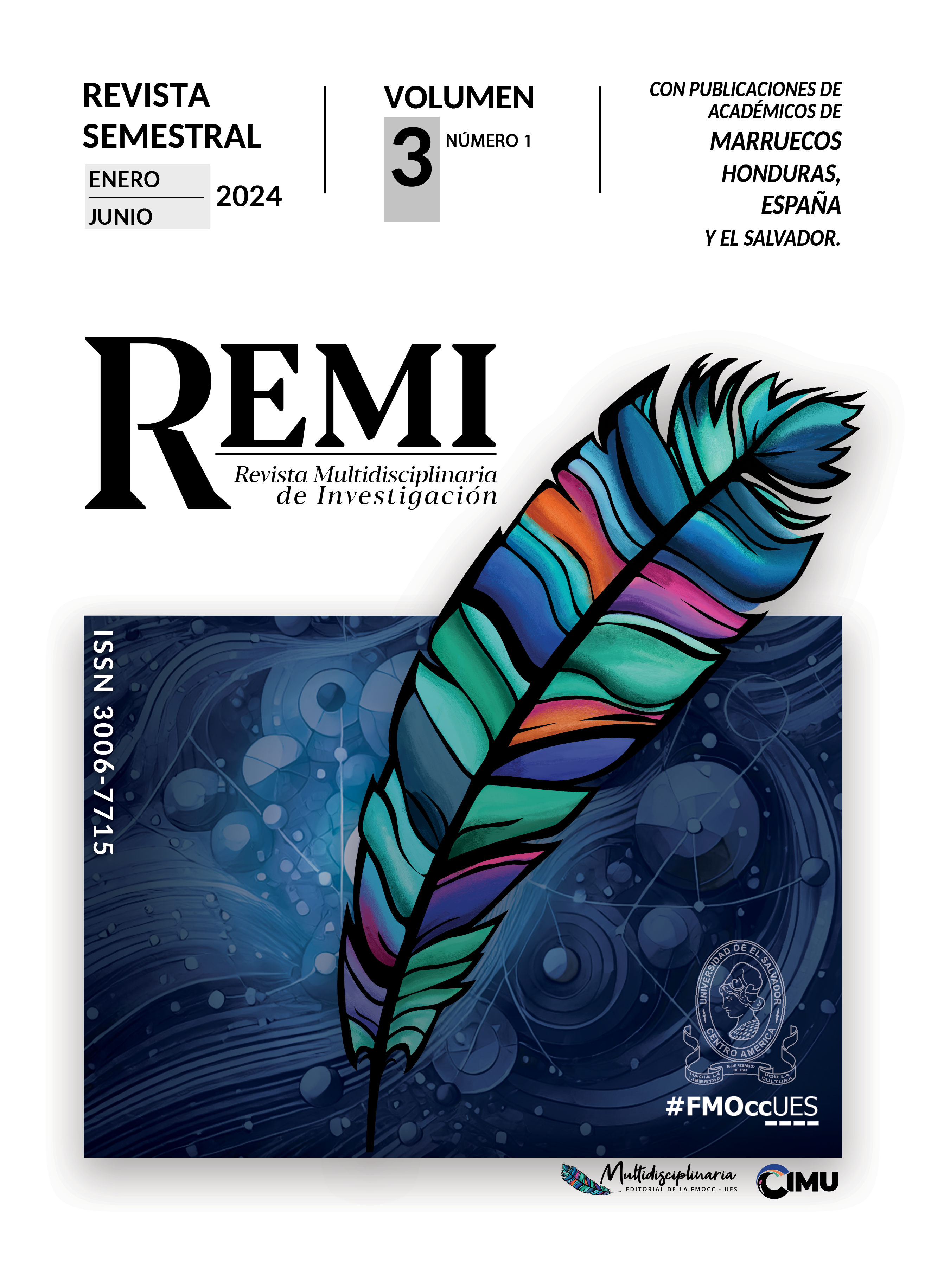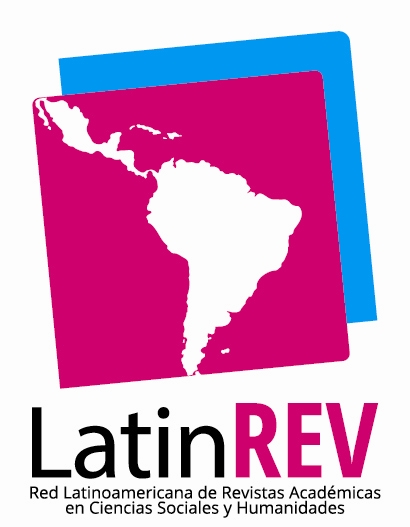THE PENAL PROGRAMME OF THE CONSTITUTION. THE LIMITS THAT CRIMINAL POLICY IMPOSED BY THE SALVADORAN CONSTITUTION ON THE EXERCISE OF THE PUNITIVE POWER OF THE STATE
Keywords:
Criminal policy, criminal law, principle of legality, prohibition of double jeopardy, principle of equality, principle of harm, principle of minimum intervention, principle of proportionality, principle of guilt, inviolability of the defenseAbstract
Introduction: It is always important to approach the role played by criminal policy in our times. But this reflection cannot be carried out outside the limits that this auxiliary discipline of criminal law imposes from the Constitution. The relationship between criminal policy and criminal law is extremely close, to the extent that criminal policy trends have an impact on the theoretical constructions made by criminal dogmatics. Objective: In this article and with special emphasis on the developments outlined by Salvadoran constitutional jurisprudence, we will study the limits that the criminal policy of a Democratic and Constitutional State of Law imposes on the exercise of punitive power, to prevent it from becoming arbitrary, despotic and unreasonable. Method: In order to study the different aspects of the topic, the qualitative method was implemented and the technique used was that of documentary information. To this end, the review of contemporary criminal doctrine, the Constitution, constitutional and criminal jurisprudence and the Inter-American Court of Human Rights demonstrate the importance of the punitive power of the State having clearly established limits. Results: From the study of the limits to the exercise of the punitive power of the State that the Criminal Policy imposes from the Constitution, it is clear that in the current times where the fashion is the “flight” to criminal law or punitive populism, respect for the rights and guarantees of the person, must be more effective than ever. It is up to academics, judges, defense lawyers, prosecutors, to be the first barrier or containment when this punitive power overflows, is exceeded and becomes the first response given by the State to the various social problems it experiences day by day in its bosom.
Downloads
Downloads
Published
Issue
Section
License

This work is licensed under a Creative Commons Attribution-NonCommercial 4.0 International License.








